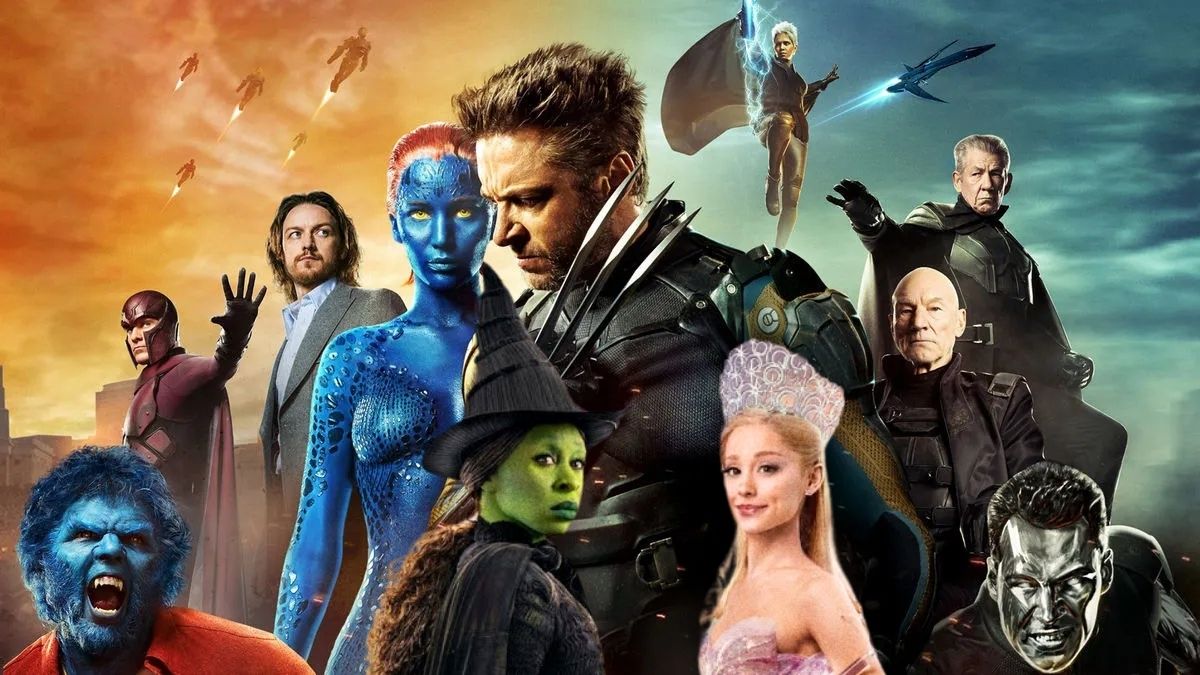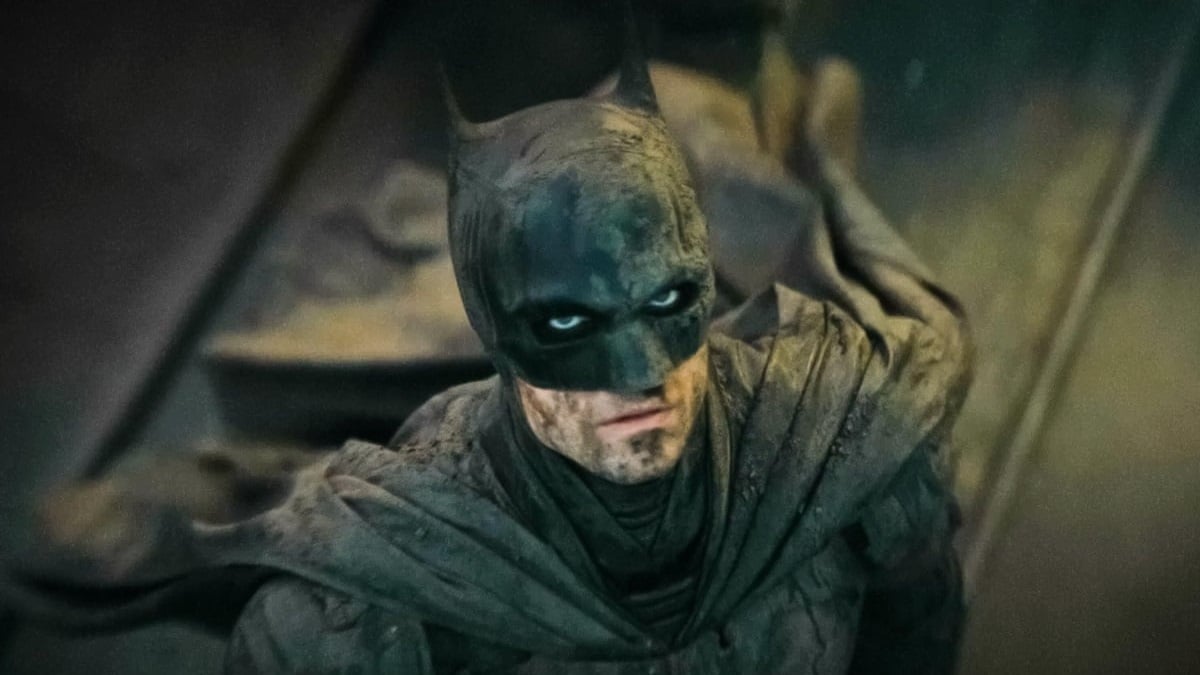
Silly title aside, Niels Arden Oplev’s Dead Man Down is a surprisingly satisfying slow-burn revenge thriller, one that manages – albeit not without occasionally difficulties – to weave intelligence, emotion, and genuine moral awareness among its complex narrative web. Vengeance has, of course, been explored on film from just about every possible angle, and while Dead Man Down in no way reinvents the wheel, it is a thoughtfully and meticulously written piece about what happens when revenge is taken to the Nth degree. The film is interested in illustrating the natural, disturbing outcome of ‘eye-for-an-eye’ philosophy, examining the ways in which vengeance consumes as an all-encompassing, inescapable force, and for the most part, it does this very well.
Colin Farrel stars as Victor, a member of an organized crime ring secretly plotting to take out his boss, Alphonse (Terrence Howard), along with a bevy his cohorts for the murder of Victor’s wife and child two years ago. The set-up in undeniably intriguing, as Victor has devoted every moment of his life to crafting the perfect revenge scenario. He sends Alphonse a photograph of himself and his family, piece by piece, to taunt and unsettle the man, keeps wire taps on every important player in the organization, and has even kidnapped the brother of a rival crime lord for eventual leverage. As the two-year anniversary of his family’s death draws near, Victor has put nearly everything in place, the only possible hitch in the road being his neighbor Beatrice (Noomi Rapace), a troubled woman who lives in the apartment building across from his. Beatrice has seen Victor murder someone, and is intent on using this information for own vengeful means.
The film moves at a steady, measured pace, nicely reflecting the mindset of the main character and creating a healthy atmosphere of tension. I am still not convinced Oplev is a ‘great’ director, as he lacks any distinctive aesthetic style to give Dead Man Down the extra punch it probably needs in spots, but he has a firm grasp on tone, and I am impressed at how he illustrates the shadowy, voyeuristic nature of Beatrice and Victor’s relationship like a dark, blood-soaked version of Krzysztof Kieślowski’s Short Film About Love.
Oplev can also execute action quite well when called upon to do so, but this a quiet, character-driven crime piece for the most part, and it is J.H. Wyman’s script that stands as the star of the show. Dead Man Down is not a poster-child for plausibility, but I appreciate just how complex Wyman is willing to push Victor’s revenge scheme, all with narrative clarity and, more importantly, a thematic conscience. Vengeance is a tricky concept to execute seriously, as the emotions involved therein are dense and disturbing, but as the film moves along, it becomes clear that Wyman is not interested in using revenge as an empty action-delivery tool. There are big ideas at work here about how vengeance consumes, destroys, and ultimately overpowers, themes Wyman is able to illustrate without pushing them into the foreground. Dead Man Down is thrilling and intriguing, first and foremost, but there is intelligence and empathy lying underneath the surface, and that makes for a reasonably rich experience, even if the bombastic finale is a bit of a thematic cop-out.

The cast is generally strong top to bottom, with Colin Farrell delivering a strong, thoughtful lead performance. Farrell is at his best playing damaged, ethically ambiguous characters, and this role is no exception. Terrence Howard is effectively slimy and unrepentant, even if the part is a bit slight, and the always compelling Dominic Cooper gets some good, albeit not fully formed, material to play.
As for Noomi Rapace, I am still unsure how I feel about her as an actress. Her performance in the Swedish Dragon Tattoo trilogy was obviously impressive, but her English-language work to date remains disappointing, and I still cannot tell if that is due to any shortcomings on Rapace’s part. She was handed a terrible role in the awful Sherlock Holmes: A Game of Shadows, and the bland protagonist of Prometheus would be tough for any actress to make interesting. Sadly, Dead Man Down does not buck the trend. Beatrice is the best English-language character Rapace has played to date, but she is still the most troublesome part of the movie. Wyman’s script never quite nails down her personality, alternating wildly between shy aloofness, cripplingly passionate anger, and romantic schoolgirl infatuation.
More problematic is the character’s supposed ‘disfigurement;’ Beatrice was hit by a drunk driver a year before the story opens, and while we are continually told that the accident left half her face ‘destroyed’ and forced her to stop working as a beautician, Rapace is only given a few scars to back up these claims. It is a classic example of the awkward gap created when what we are shown is completely at odds with what we are told, for Rapace is a beautiful woman, and a beautiful woman with scars is still, in fact, a beautiful woman, rendering every single part of the film related to her physical trauma totally and completely moot.
Rapace plays all of this as well as she can, and acts quite well opposite Farrell, but I still sense a certain discomfort to her work, a lack of the significant screen presence she once displayed as Lisbeth Salander. I do not know if she is simply uncomfortable performing in English, or if Lisbeth was just an aberration on her overall resume, but I still believe she has promise, and would love to see her get something better to play in the future.
The film is certainly not a home run, and could probably benefit from sharper direction and a tighter edit, but I like this film, and have no hesitation recommending it to fans of the genre. This has been a very slow year for cinema so far, and at this point, I will take what I can get. At the very least, Dead Man Down is worth settling for.
[springboard type=”video” id=”681163″ player=”wgtc007″ width=”600″ height=”350″ ]




Published: Mar 8, 2013 01:03 am